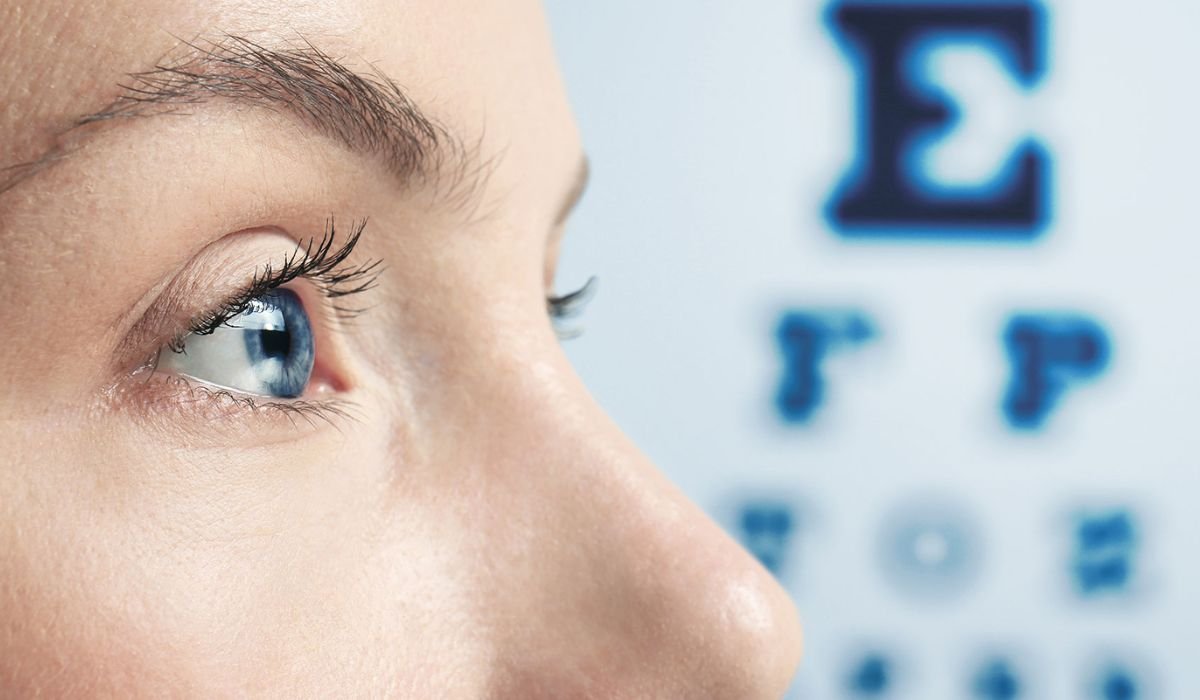The eyes, often referred to as the windows to the soul, are delicate organs that require careful attention and protection. Unfortunately, in today’s digital age, our eyes are constantly exposed to various stressors, increasing the risk of developing eye diseases. However, by adopting simple yet effective strategies, we can mitigate these risks and maintain optimal eye health for years to come.
Regular Eye Exams:
Regular eye examinations are crucial for detecting any potential issues early on. Professionals recommend visiting an eye doctor at least once every two years, even if you don’t wear glasses or experience any noticeable symptoms. These comprehensive exams can identify problems such as glaucoma, cataracts, and age-related macular degeneration before they progress to a more advanced stage.
Maintain a Healthy Diet:
A balanced diet rich in vitamins and nutrients is essential for maintaining good eye health. Incorporating foods high in antioxidants, such as leafy greens, carrots, and citrus fruits, can help reduce the risk of developing age-related eye conditions. Additionally, omega-3 fatty acids found in fish like salmon and tuna can contribute to overall eye health and prevent dry eye syndrome.
Practice proper eye hygiene.
Practicing good eye hygiene is essential for preventing infections and irritations. Always wash your hands before touching your eyes, and avoid rubbing them, especially when they feel itchy or irritated. Additionally, be mindful of proper contact lens care, including regular cleaning and disinfection, to prevent bacterial contamination and potential eye infections.
Limit screen time:
Excessive screen time, whether it’s from smartphones, computers, or televisions, can strain the eyes and contribute to digital eye strain. To mitigate this, adhere to the 20-20-20 rule: every 20 minutes, take a 20-second break, and focus on something at least 20 feet away. Additionally, consider using blue light filters or adjusting screen brightness to reduce eye strain, particularly in the evening hours.
Wear protective eyewear.
Whether engaging in sports activities or working in hazardous environments, wearing appropriate eye protection is paramount. Protective eyewear, such as goggles or safety glasses, can shield your eyes from debris, chemicals, and UV radiation, reducing the risk of injuries and long-term damage.
Stay Hydrated:
Maintaining adequate hydration is crucial for overall health, including eye health. Dehydration can lead to dry eye syndrome, causing discomfort and vision disturbances. Aim to drink plenty of water throughout the day to keep your body and eyes properly hydrated.
Quit Smoking:
Smoking has been linked to various eye diseases, including cataracts, macular degeneration, and optic nerve damage. The chemicals in tobacco smoke can constrict blood vessels in the eyes, reducing oxygen supply and increasing the risk of developing these conditions. Quitting smoking not only benefits your overall health but also significantly lowers the risk of eye-related complications.
Protect Your Eyes from UV Radiation:
Prolonged exposure to ultraviolet (UV) radiation from the sun can increase the risk of developing cataracts, macular degeneration, and other eye conditions. When outdoors, wear sunglasses that offer 100% UV protection to shield your eyes from harmful rays. Additionally, consider wearing a wide-brimmed hat for added protection, especially during peak sunlight hours.
Manage chronic conditions:
Chronic conditions such as diabetes and hypertension can significantly impact eye health if left unmanaged. High blood sugar levels associated with diabetes can lead to diabetic retinopathy, while hypertension can cause hypertensive retinopathy and other vascular-related eye problems. By effectively managing these conditions through medication, lifestyle changes, and regular medical check-ups, you can reduce the risk of complications and preserve your vision.
Prioritize Eye Safety at Work:
For those working in environments with potential eye hazards, such as construction sites or laboratories, prioritizing eye safety is paramount. Employers should provide appropriate eye protection gear and ensure that employees receive proper training on its use and maintenance. Additionally, promptly addressing any workplace hazards or accidents can prevent serious eye injuries and long-term damage.
Conclusion:
Our eyes are precious assets that deserve the utmost care and attention. By implementing these strategies—ranging from regular eye exams and a healthy lifestyle to proper eye hygiene and protection—we can effectively safeguard our vision and reduce the risk of developing debilitating eye diseases. Let’s commit to prioritizing our eye health today for a clearer and brighter tomorrow.
Internal link: opticalsworld




